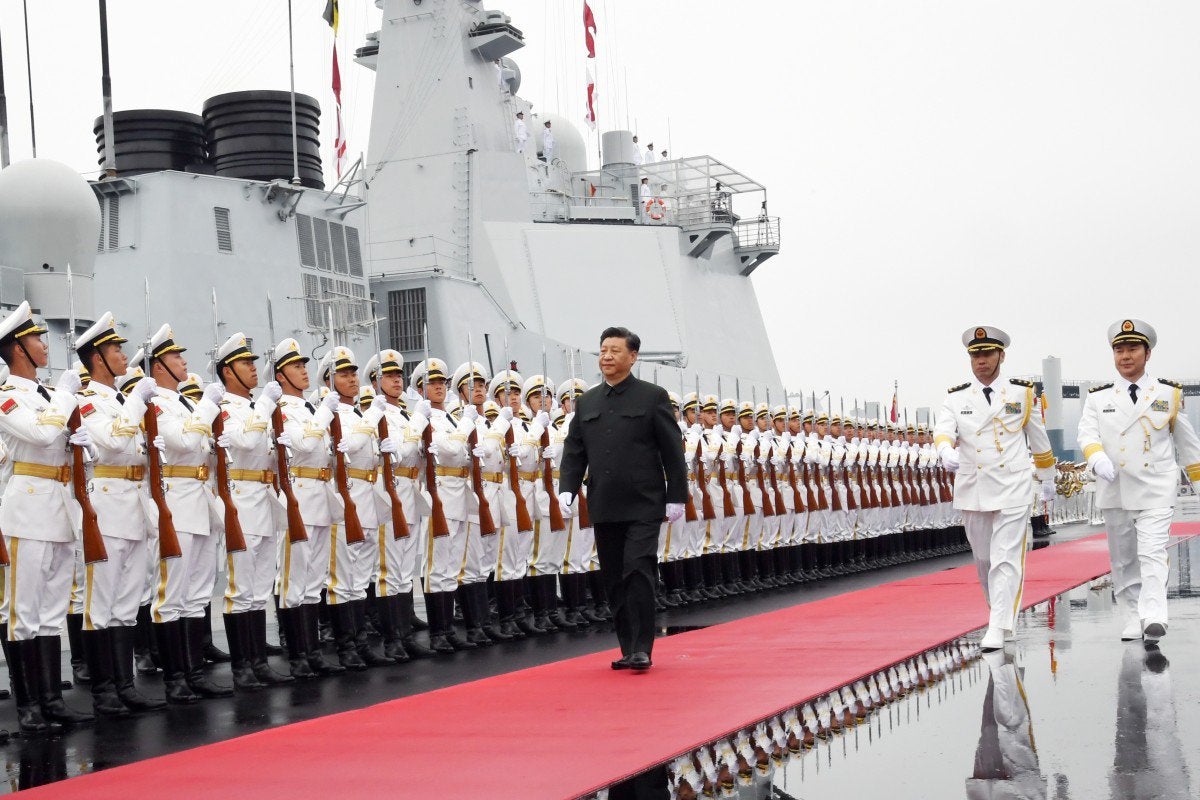by Jake Sanders, Editor
As tensions between Taiwan and China continue to escalate, the need for a comprehensive study to prepare Taiwan for a potential military conflict becomes increasingly urgent. The geopolitical landscape is shifting, and Taiwan must develop strategies to fortify its defenses, ensuring that it can withstand a prolonged conflict before external assistance, particularly from the United States, materializes.
随着台湾与中国之间的紧张局势持续升级,进行全面研究以准备台湾应对潜在军事冲突的需求变得愈发紧迫。地缘政治格局正在发生变化,台湾必须制定战略来加强其防御,确保在外部援助,特别是来自美国的援助到来之前,能够抵御长期冲突。
The Strategic Imperative
Taiwan’s geographic position makes it particularly vulnerable to military aggression from China. With the possibility of a rapid escalation into conflict, it is essential for Taiwan to adopt a proactive approach to its defense strategy. This includes not only enhancing military capabilities but also ensuring logistical readiness and communication resilience.
Stockpiles of Weapons and Fuel
One of the primary components of this comprehensive study should focus on the stockpiling of weapons and fuel. Taiwan must assess its current military inventory and identify critical shortfalls. This includes:
- Diverse Armament: A variety of weaponry, from conventional arms to advanced defense systems, should be prioritized to counter various threat levels.
- Fuel Reserves: Ensuring a robust supply of fuel for military operations is crucial. This involves establishing strategic reserves that can sustain prolonged military engagement.
- Logistics and Supply Chains: Analyzing and improving logistics systems to ensure efficient distribution of resources during a conflict is vital. This includes the development of alternative supply routes to mitigate disruptions.
Communications Infrastructure
In modern warfare, communication is a lifeline. Taiwan must invest in resilient communication systems capable of functioning even in the face of electronic warfare tactics, including electromagnetic pulse (EMP) attacks. Implementing emergency communications systems that utilize mesh networks and VHF signals can enhance Taiwan’s operational capabilities. These systems offer several advantages:
在现代战争中,通信是生死线。台湾必须投资于能够在电子战战术面前仍然有效的韧性通信系统,包括电磁脉冲(EMP)攻击。实施利用网状网络和VHF信号的紧急通信系统可以增强台湾的作战能力。这些系统提供了几个优点:
- Redundancy: Mesh networks do not rely on centralized infrastructure, making them less vulnerable to attacks or failures.
- Range and Reliability: VHF signals can cover greater distances and can penetrate various terrains, ensuring consistent communication across military units.
- Rapid Deployment: Developing these systems can allow for quick implementation in crisis situations, ensuring that military and emergency responders can maintain contact.
Integrating Civil Defense
Preparing for a potential military conflict is not solely the responsibility of the military. Civil defense strategies must be integrated into the comprehensive study. This includes:
- Public Awareness Campaigns: Educating citizens on emergency procedures and the importance of preparedness can enhance societal resilience.
- Community Training Programs: Training civilians in basic emergency response and first aid can augment military efforts in crisis situations.
- Infrastructure Protection: Assessing and reinforcing critical infrastructure to withstand potential attacks will be essential for maintaining societal functions during a conflict.
There are plenty more areas to cover on this topic and we will report on those moving forward to battle.



